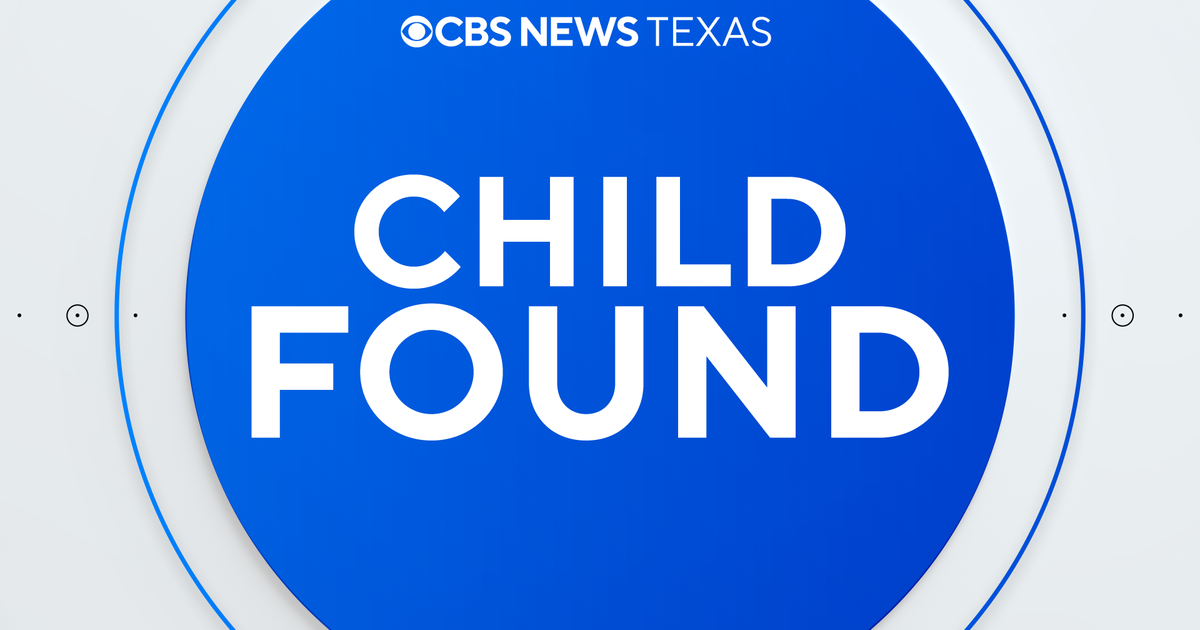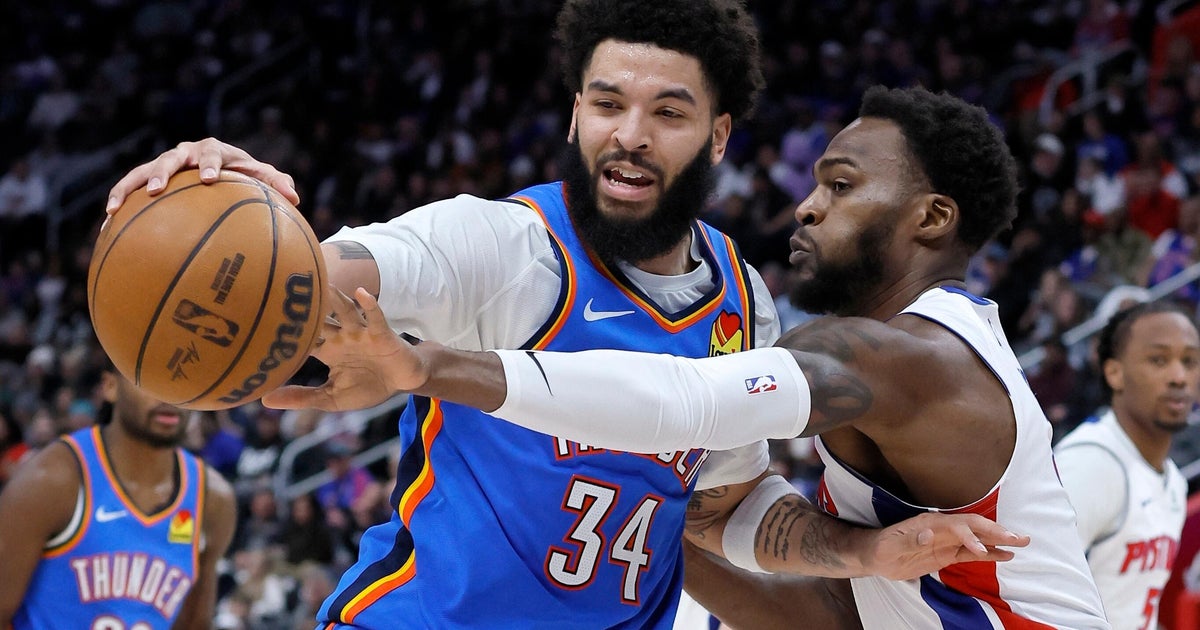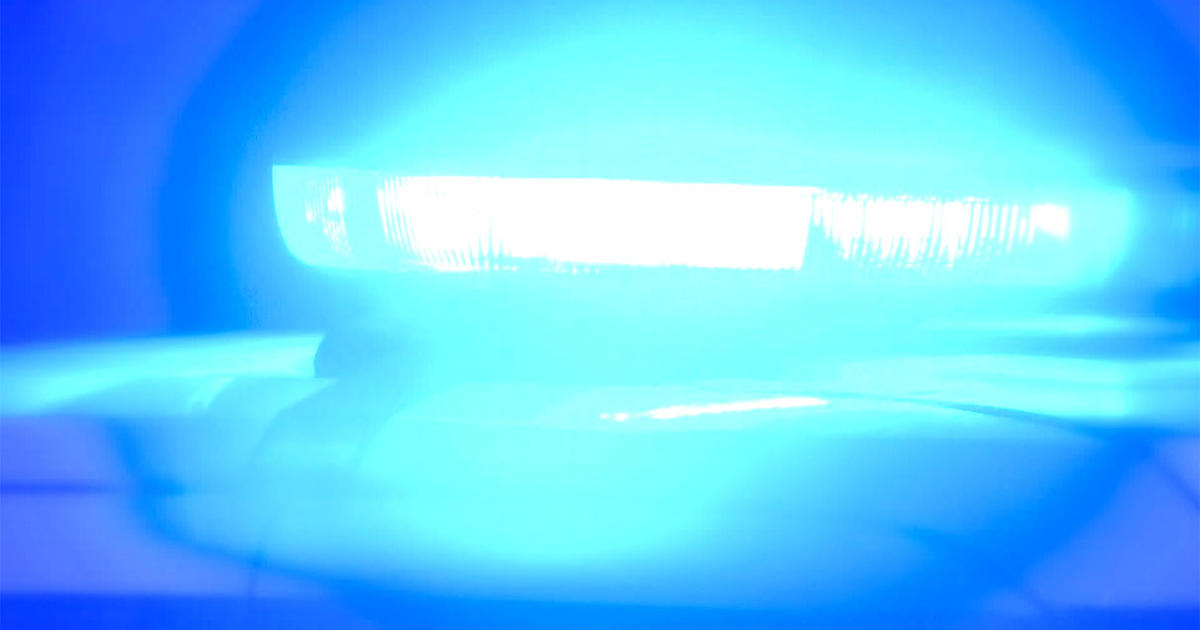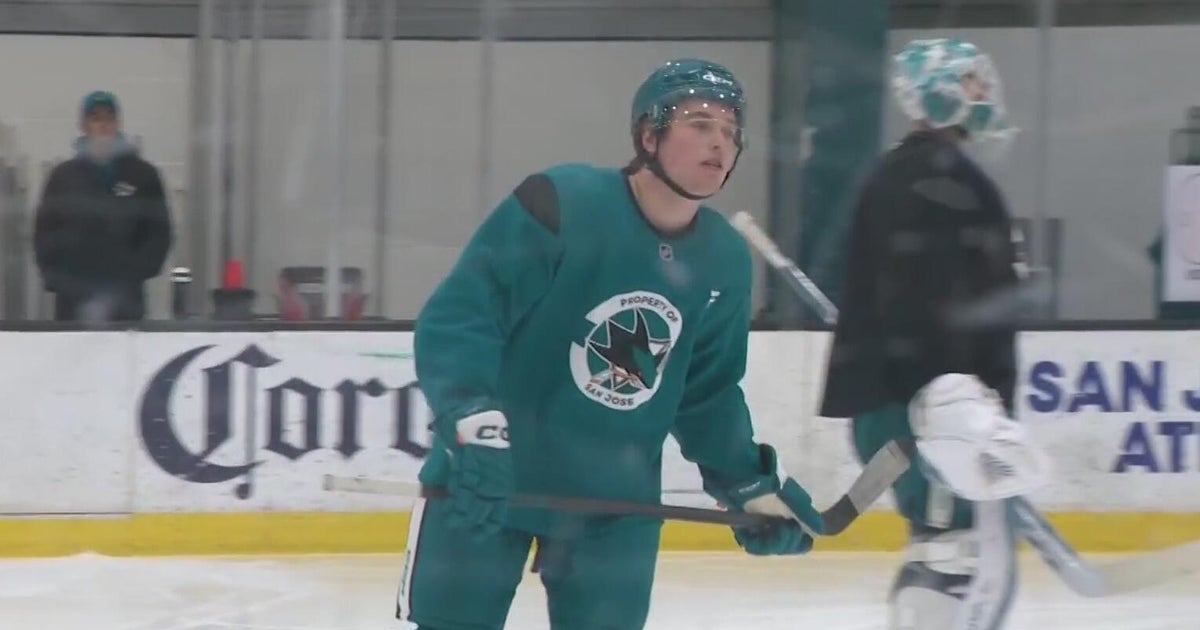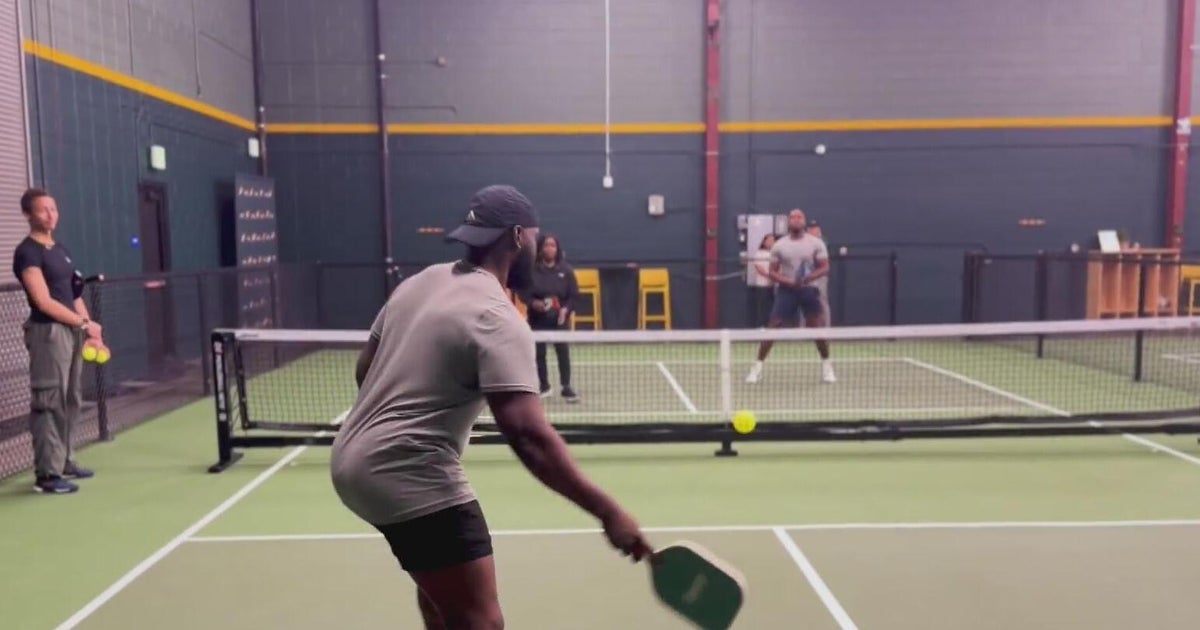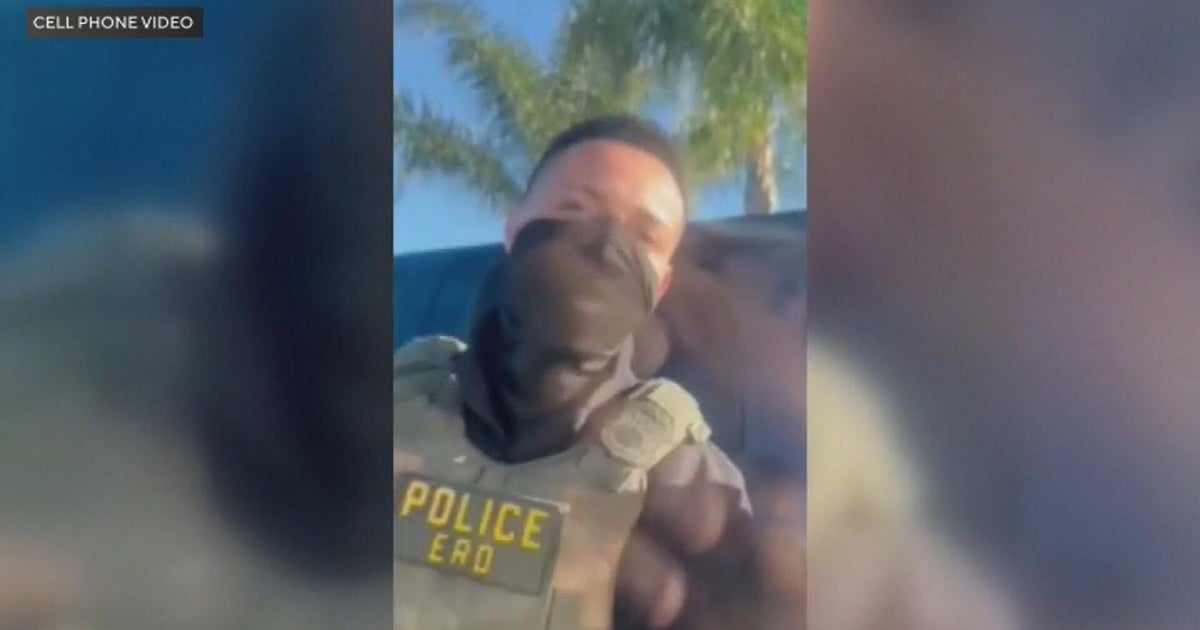Blind Eye No Excuse For Baylor's Isaiah Austin
WACO, Texas (AP) - Isaiah Austin came to the stark realization as a teenager that he'd never again see out of his right eye.
Multiple operations couldn't fix the detached retina and save his vision after a previous injury was aggravated doing a routine dunk before a middle school game.
"It was real hard. ... I'm losing sight, like I'm half-blind now," recalled Austin. Back then, he was already towering over other players and had big basketball dreams.
That is when Austin's mother told him something that he didn't fully understand at the time, but now means so much to the 7-foot-1 Baylor sophomore and NBA prospect.
"You can make it your excuse, or you can make it your story," his mother told him. "You can touch lives or you can be a quitter."
While he didn't take into consideration then what that actually meant, and figured his mother was just trying to help him get through a tough time, Austin started working on his game again. He became a top national recruit in high school.
Austin didn't tell Baylor coach Scott Drew about being blind in one eye until after committing to the school, and then practiced a few weeks with his new teammates for his 2012-13 season before telling them. Then last month, in a piece aired as part of an ESPN broadcast of a Bears game, Austin revealed publicly the secret of his prosthetic eye.
"There were some people that questioned his toughness. After the story, nobody's questioning his toughness," Drew said. "It allows him to be a role model now for anyone that has poor eyesight, or any other issue."
Austin said the revelation has allowed him to be himself all the time and show people he's more than a basketball player. He is now willing to share his story with anyone.
"I want to be somebody that some kid looks up to saying if he can do it, then I can do it. I just want to push the youth and help people grow," he said. "I really can tell people that even with a disability you can make it."
The amount of support and positive feedback has come as a bit of a surprise to Austin. Drew told of a family from Houston with no connection to Baylor at a game to support Austin.
Several NBA scouts who watch Baylor games said they already knew about the eye, and their perception of Austin hasn't changed. As one of them said, "You can't teach 7 foot 1."
Austin might have been a first-round NBA pick last summer after his freshman season, but wasn't going to be able to go to the combine or pre-draft workouts because of a torn labrum in his shoulder. He didn't mind more time at Baylor.
"I just felt like this year is just another step for me growing closer to God and becoming a better man on and off the court," he said.
When he was about 12, Austin was playing first base during a camp when he was struck in the eye by a baseball thrown his way when he wasn't looking. There were no vision problems then, but doctors told him his retina was loose.
"They said that it did have a chance of tearing or ripping," he said. "And it happened to me in the eighth grade."
Already about 6-7 at the time, Austin suddenly could only see red from his right eye after a pregame dunk. When taking out his contact lens didn't solve the issue, he was taken to an eye doctor who almost immediately did surgery.
Three more operations followed over several months. He would have blurry vision for brief times, but eventually saw nothing out of his right eye, even when a light was shined directly into it.
Because of limited peripheral vision, Austin has to keep his "head on a swivel," looking both ways in the paint and constantly rotating his body to see as much of the court as possible. That is a constant emphasis, especially in practice.
But he said the hardest part is depth perception on shots, especially in different gyms like Kansas where the wall is far behind the baskets. He was 4-of-8 on 3-pointers at Allen Fieldhouse last month, but quickly points out that he missed all three of his free throw attempts.
Baylor senior guard Brady Heslip has tried to imagine what it would be like playing with one of his eyes covered.
"I just have great admiration for him and how he's overcome that, and still become the player that he is," Heslip said. "He's a great role model because he's a great guy, very nice, personable. For him to share that just gives people hope, it gives people motivation that they can also succeed."
Austin is thankful for what he's accomplished so far and would consider playing in the NBA "a great blessing from God." If not, he plans to have his college degree and could combine his love of basketball and working with kids at a Salt Lake City-based youth basketball foundation directed by his dad.
"It teaches them to grow up to be not only better basketball players, but better people," Austin said. "They do charity work and my dad teaches them discipline and respect and responsibilities. I just want to be able to go out and touch kids' lives just like that."
(© Copyright 2014 The Associated Press. All Rights Reserved. This material may not be published, broadcast, rewritten or redistributed.)
Latest News:
Top Trending:
- Azle Residents Take Quake Concerns To Austin
- Cowboys' Romo Update: Complication In Back Surgery
- TCU Students Demand Higher Quality Toilet Paper
- Norovirus May Have Sickened Hundreds At School
- McKinney Native Busts Through Sochi Hotel Door
- PHOTOS: Your Pet Pictures
